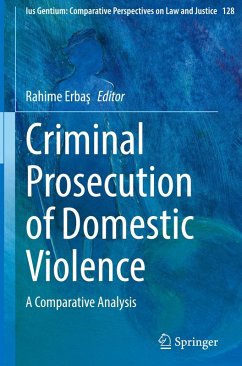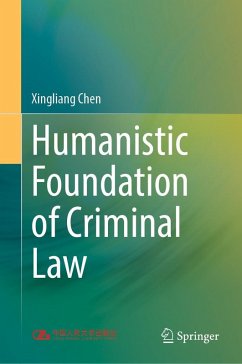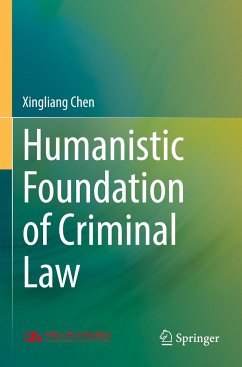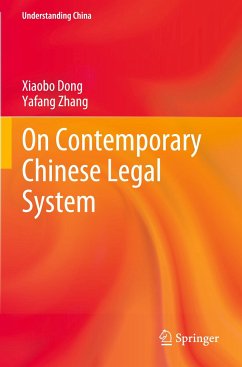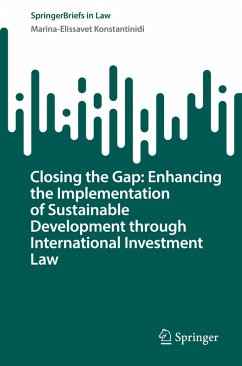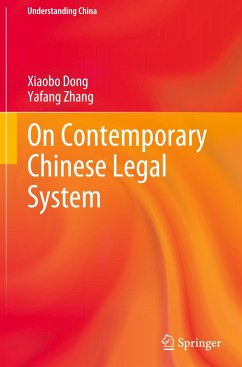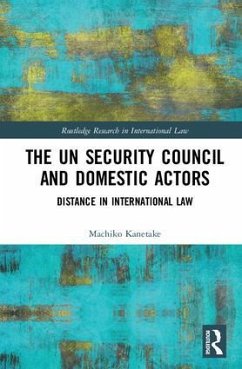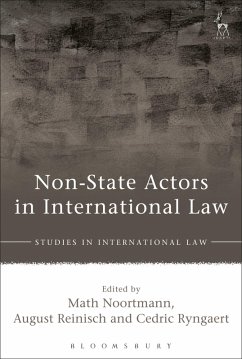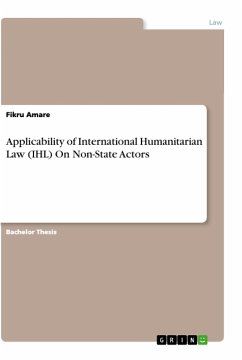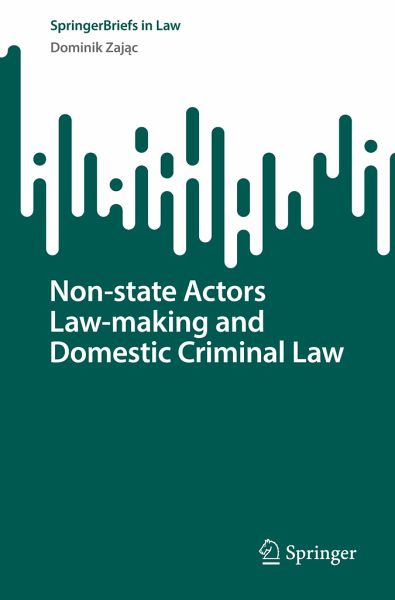
Non-state Actors Law-making and Domestic Criminal Law

PAYBACK Punkte
17 °P sammeln!
This book describes how statements made by non-state actors affect the scope of an individual's criminal responsibility and how they should be taken into account by domestic criminal courts. Sentencing is only possible on the basis and within the limits of the law. In the 21st century, this law increasingly means regulations formulated by various non-state actors: international organisations, human rights tribunals or statutory bodies. The content of these regulations does not only refer to states, but often has a direct impact on the legal situation of individuals. Two worlds collide here. St...
This book describes how statements made by non-state actors affect the scope of an individual's criminal responsibility and how they should be taken into account by domestic criminal courts. Sentencing is only possible on the basis and within the limits of the law. In the 21st century, this law increasingly means regulations formulated by various non-state actors: international organisations, human rights tribunals or statutory bodies. The content of these regulations does not only refer to states, but often has a direct impact on the legal situation of individuals. Two worlds collide here. Strict criminal law is influenced by fluid regulations issued by entities that have not been empowered to exercise the right to punish. The book presents an interpretative method to support the court's inference in the cases outlined above, based on the using the concept of two interrelated norms: the norm of the individual and the norm of the court.





